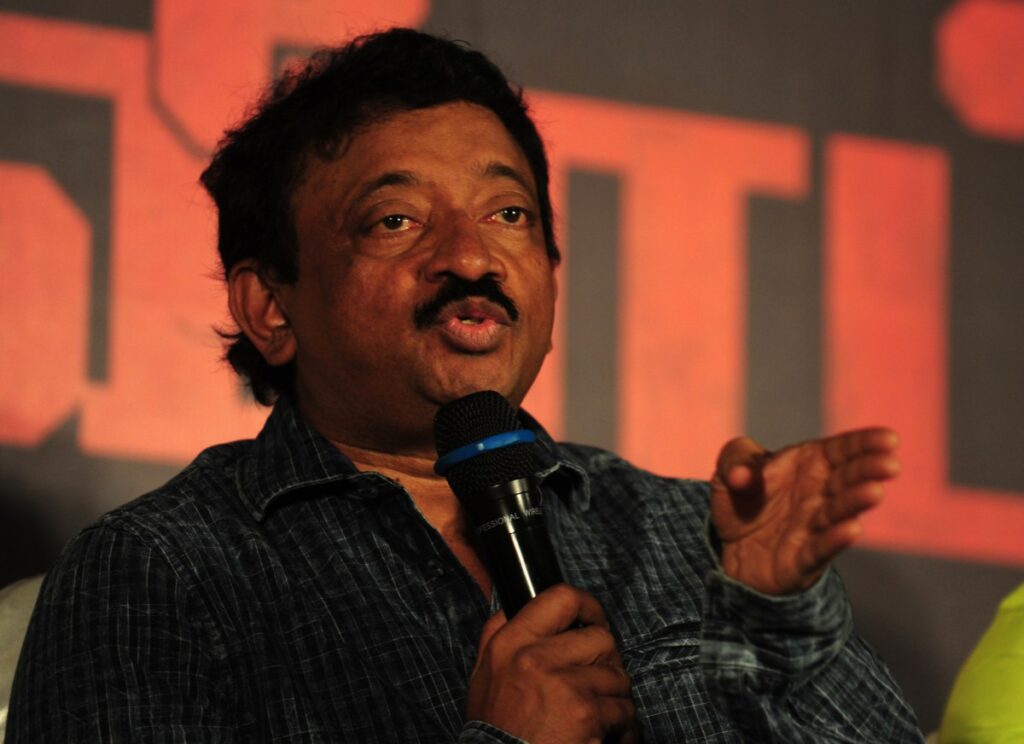Ram Gopal Varma Embraces AI Music in Bollywood
Renowned Indian filmmaker Ram Gopal Varma is making headlines with his groundbreaking decision to utilize artificial intelligence in music composition, signaling a significant shift in the creative landscape of the film industry. Known for his iconic films like Company, Rangeela, Sarkar, and Satya, Varma has launched a new initiative named RGV Den Music, dedicated exclusively to music generated by AI applications such as Suno and Udio.
AI Music: The Future of Film Scoring
Varma announced that all his upcoming projects will feature AI-created soundtracks, including his latest film, Saree, which boasts a fully AI-generated background score. This innovative approach exemplifies the increasing integration of AI in creative sectors, prompting both excitement and apprehension about its implications on traditional artistic roles.
In a recent interview with TechCrunch, Varma encouraged artists to adapt to this technological shift, emphasizing the importance of clarity in vision when using AI tools. “Ultimately, the music originates from your concepts. The taste and specificity you provide to the application are what truly matter,” he explained.
Potential Threats to Traditional Musicians
The proliferation of AI in creative fields has sparked significant debate. While many celebrated filmmakers, including Oscar-winning director Christopher Nolan, have issued warnings against an over-dependence on AI—arguing that human intuition remains irreplaceable in artistic endeavors—Varma has criticized human musicians for their unreliability. He expressed frustration over issues like missed deadlines and the inability of lyricists to effectively capture song essence, describing these as obstacles that render traditional music production both lengthy and expensive.
By contrast, AI offers swift solutions at “zero cost,” Varma claims, suggesting that human composers, lyricists, and singers face an uncertain future as AI technology rapidly progresses. “In the near future, human musicians will be drastically impacted and could eventually become obsolete,” he predicted.
The Thriving Indian Film and Music Industry
India’s film industry, producing between 1,500 and 2,000 films annually, is one of the largest in the world. Complemented by a robust music scene that releases between 20,000 and 25,000 songs every year, the landscape is ripe for transformation through AI technology. Varma’s venture aims to enhance this dynamic further, with hopes of inspiring other filmmakers to explore similar pathways.
In collaboration with startups like Reclaim Protocol and Story Protocol, Varma is also seeking to protect the intellectual property rights of his AI-generated music through cryptographic methods, ensuring that he remains at the forefront of this technological wave.
Conclusion
Ram Gopal Varma’s bold commitment to AI-generated music marks a pivotal moment in the intersection of technology and creativity. As the film industry stands on the brink of transformation, it remains to be seen how this shift will affect traditional artistic roles and the future landscape of Indian cinema. While the excitement surrounding AI is palpable, the potential ramifications for human musicians pose serious questions that cannot be ignored. As Varma and his peers traverse this new terrain, the dialogue surrounding AI’s role in creative industries will likely continue to evolve, challenging old paradigms and embracing new possibilities.




